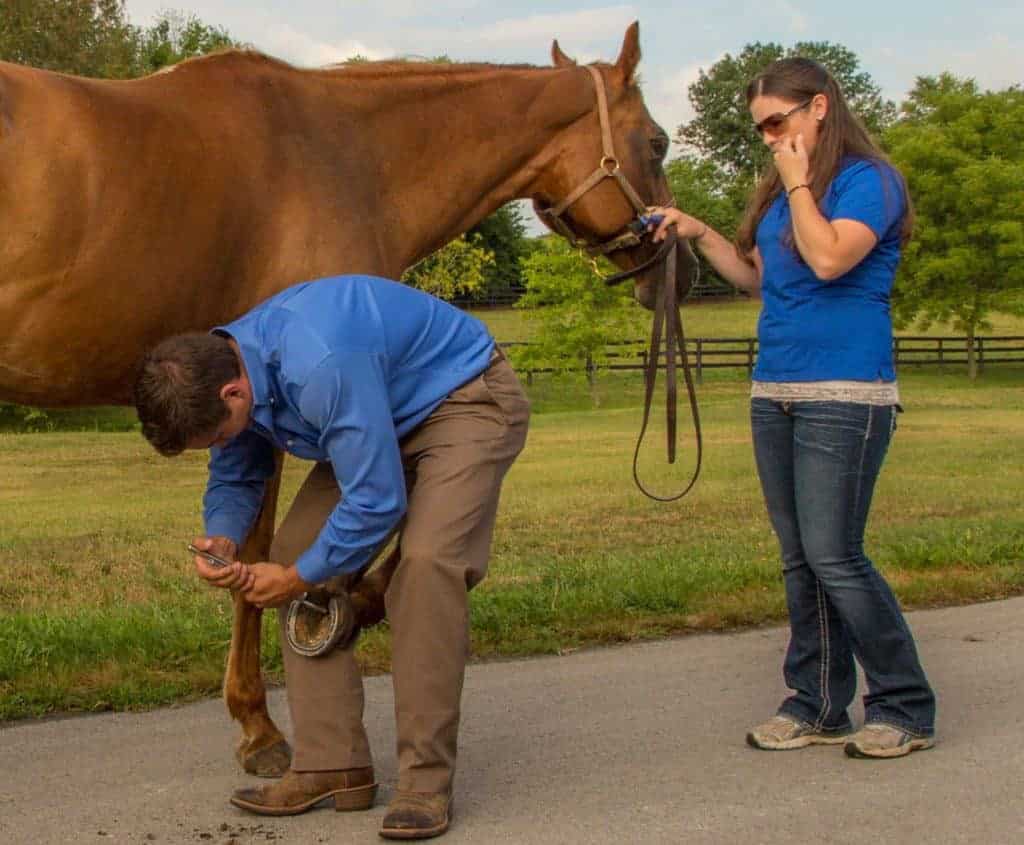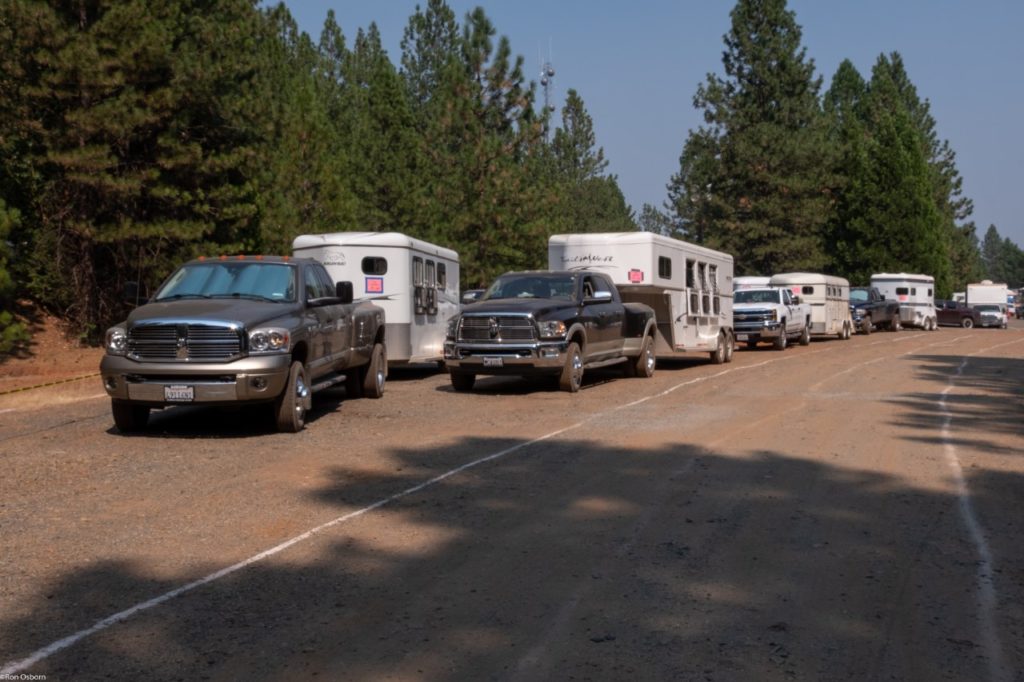
Trouble’s Afoot: Signs Your Horse Has a Hoof Problem Brewing
Find out what hoof problems you can safely manage yourself and when to call in your farrier and/or veterinarian.

Find out what hoof problems you can safely manage yourself and when to call in your farrier and/or veterinarian.

Being prepared for an equine emergency can help make the situation less stressful and result in a more positive outcome.

Find out what items should be in your horse’s first-aid kit, what they’re used for, and how to store them.

Here’s what you need to know about holistic veterinary medicine and how vets can integrate it into everyday practice.

We asked two mobile equine veterinarians how clients can prepare both themselves and their horses for veterinary visits. Here are 10 ways you can help your vet maximize time, cut costs, and ensure you get the service you want—and, perhaps, go the extra mile when you need it most.

The FDA recently approved dipyrone to address fever in horses with respiratory infections.

Arrival exams will include an assessment of body condition score and vital signs, examination for lameness at the walk, and a scan for a microchip.

Find out how to keep your middle-aged horse’s teeth, feet, joints, and more healthy.

Discover useful information about an eventing horse’s fitness and ability by looking at these three measurements.

French researchers tested a quicker, easier, and potentially more accurate method of monitoring horses’ temperatures.

Only about 50% of horses complete the 100-mile endurance race; the rest must be brought safely back to civilization.

An SAA test can identify illness in horses, and it can also ensure they’re healthy enough for other procedures, such as surgery. Here’s a look into how some vets use SAA in their practices.

A U.S. Equestrian Team veterinarian who has overseen the shipping of horses to six Olympic Games shares what steps to take before, during, and after a long-distance trailer ride.

Being well-prepared for colic could mean the difference between life and death for your horse. Here’s what you need to know.

I purchased a horse, and she came with no health records. How do I get her back on a preventive care regimen?

Working with your veterinarian, farrier, and trainer and considering your horse’s physical, mental, and social needs will help you make the best decision for when and how you should transition him to a more leisurely lifestyle.
Stay on top of the most recent Horse Health news with
Notifications